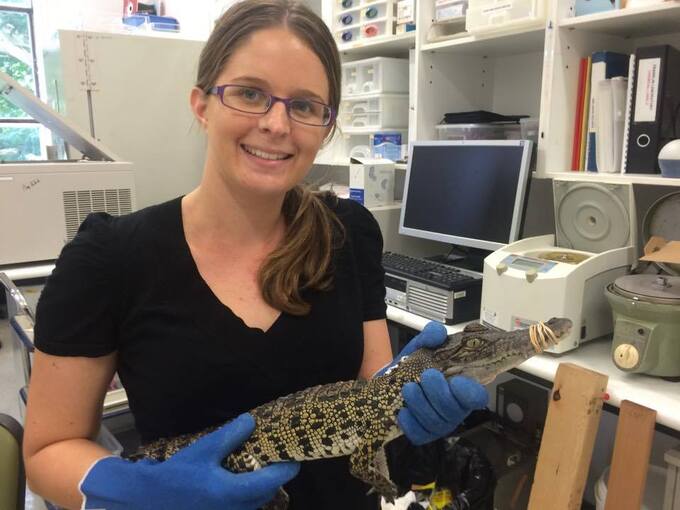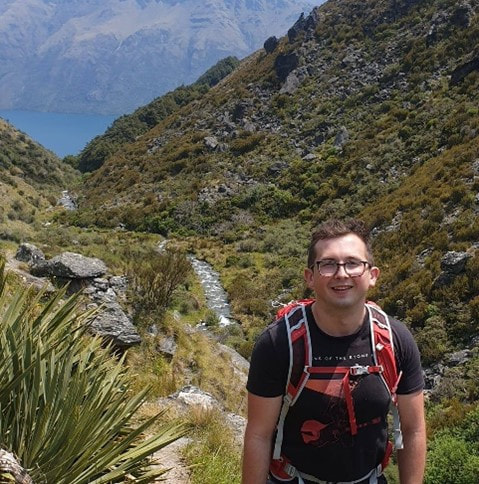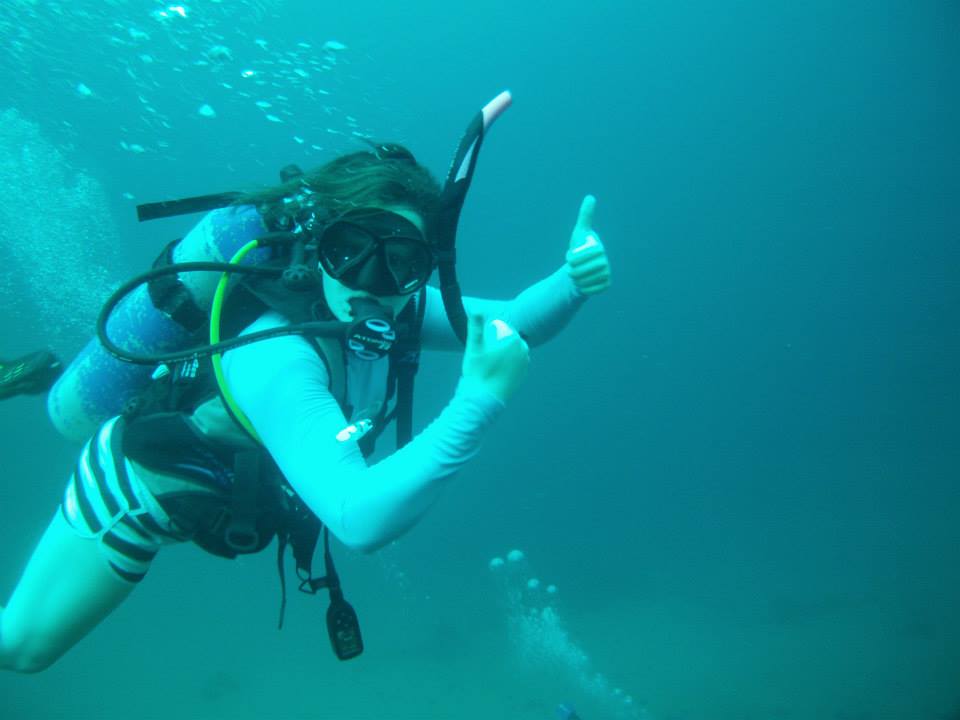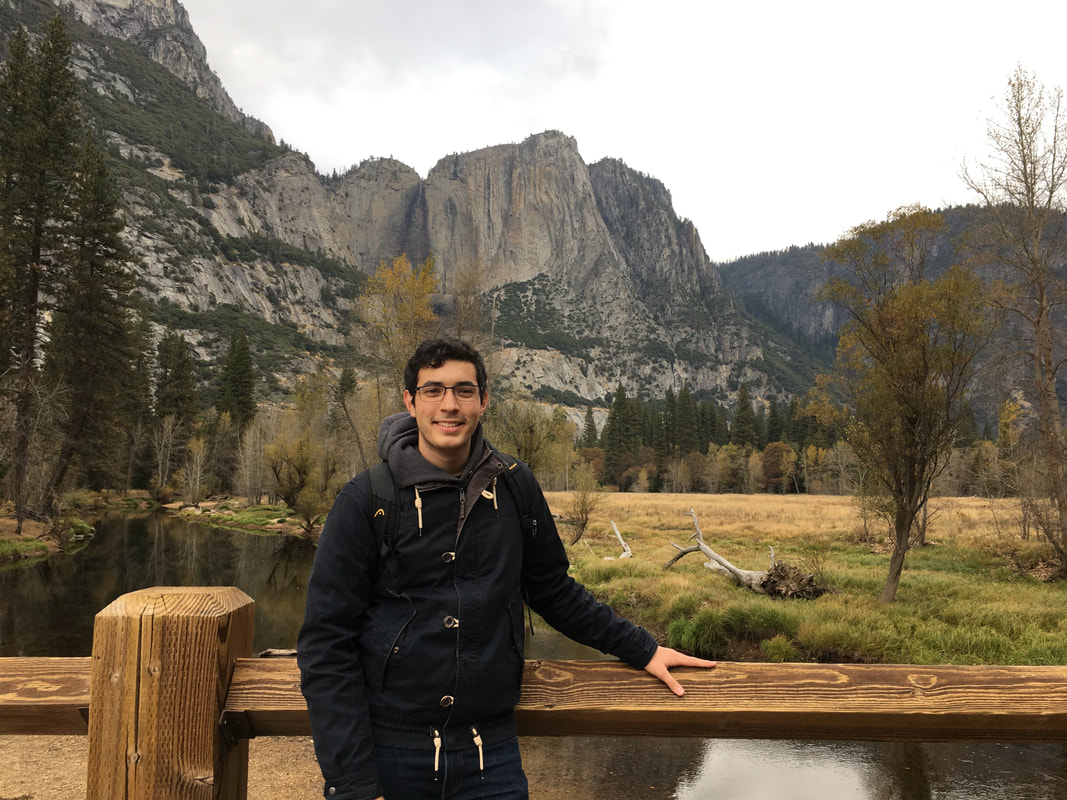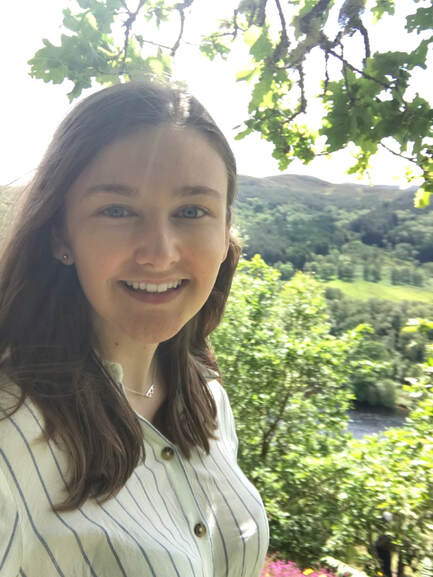|
Dr Essie Rodgers (Lab Head)
Lewis Jones (PhD Candidate) |
Dr Rodgers is a lecturer in aquaculture and animal physiology at Murdoch University (Perth, Western Australia). Her research is at the forefront of the emerging field of conservation physiology, which explores the responses of organisms to anthropogenic threats and attempts to determine the eco-physiological constraints dictated by current conditions and future environmental change. Essie completed her PhD at The University of Queensland, where she studied the impacts of climate warming on the diving physiology of estuarine crocodiles. Following this, Essie held postdoctoral fellowships at the University of California Davis (USA), the University of Antwerp (Belgium) and the Australian National University where she conducted cutting-edge research on the ecophysiology of freshwater and marine fishes, and Australian lizards.
Lewis has a keen interest in how organisms respond to challenging environmental conditions. He believes that conservation physiology will provide critical insights of how to conserve organisms with unprecedented anthropogenic driven environmental change. He recently completed his MSc at the University of Canterbury, investigating the effect of temperature on the thermal physiology of Yellowbelly flounder (Rhombosolea leporina). Through his PhD research he hopes to better understand the effects of heatwave and eutrophication stress on the physiology of freshwater fish. |
|
Dr Daniel Gomez Isaza (Challenge Fellow)
|
Dr Gomez Isaza is a challenge research fellow in the Harry Butler Institute at Murdoch University. Daniel is interested in understanding how organisms are affected by changes in their environment. His current research examines how native fishes are affected by nitrate pollution, pH, and temperature changes driven by increased human activity. Daniel’s research aims to highlight the necessity to consider and quantify the effects of multiple interacting environmental stressors on fish passage, performance, and conservation. To read more about Daniel's research, check out his google scholar and twitter accounts.
|

